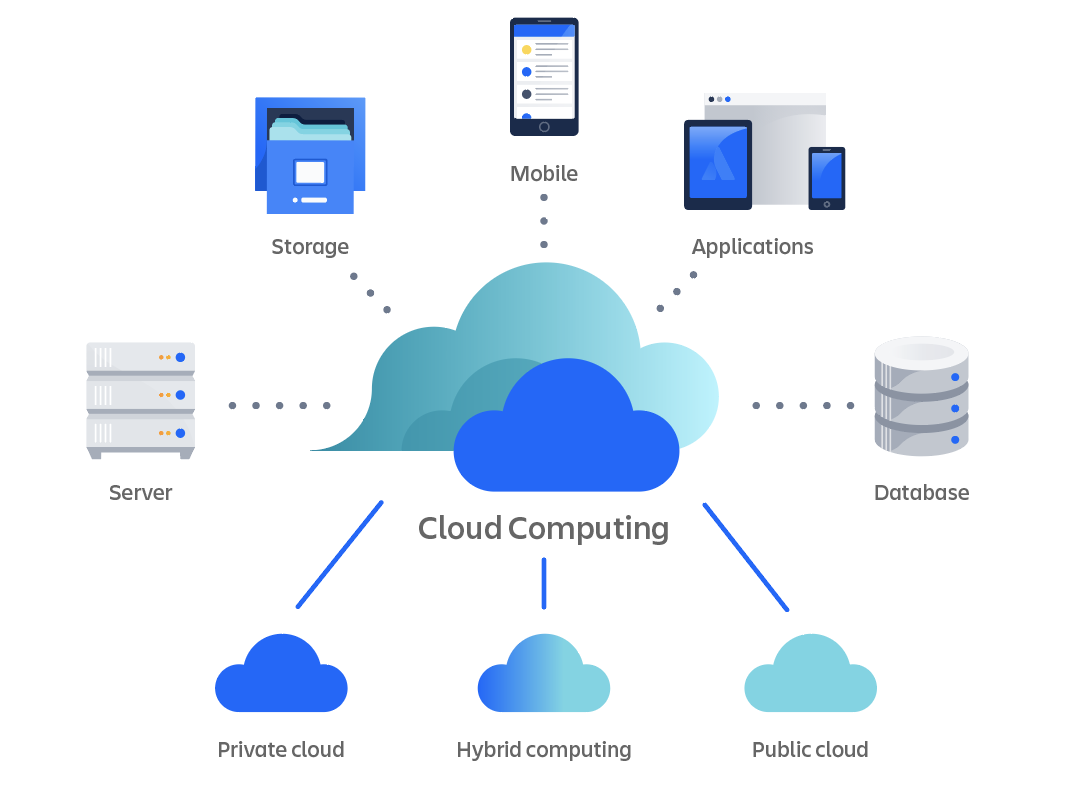
Remote Work in Tech: Is It Here to Stay?
The Day Everything Changed
In early 2020, Raj, a software developer from Bangalore, woke up to an email from his manager:
“All employees will work from home until further notice.”
At first, it felt like a temporary change. Raj set up a small desk in his bedroom, wore comfortable clothes, and enjoyed the freedom of working without commuting. But as weeks turned into months, he realized something—he was getting more work done than ever before!
Like Raj, millions of tech professionals worldwide experienced this shift. Companies that once insisted on office culture suddenly embraced remote work. Video calls replaced in-person meetings, and virtual workspaces became the new normal.
But now, as life returns to normal, many people wonder: Is remote work in tech here to stay?
Why Remote Work Became Popular
1. Productivity Increased
Many companies noticed that remote employees were actually more productive. Without long commutes, unnecessary office meetings, and distractions, workers could focus better.
2. Cost Savings for Companies
Businesses saved millions on office rent, electricity, and maintenance. Even big tech companies like Twitter and Facebook announced permanent remote work options.
3. Employees Loved the Flexibility
Raj, for example, could spend more time with his family, take short breaks when needed, and even work from his hometown. Many employees felt happier and healthier with this new work-life balance.
The Challenges of Remote Work
1. Communication Issues
While Slack and Zoom helped teams stay connected, remote work sometimes led to misunderstandings. Quick office chats were replaced with long email threads.
2. Feeling Isolated
Many employees missed the social aspect of office life—lunch breaks with colleagues, brainstorming sessions, and team outings.
3. Work-Life Balance Struggles
For some, home and work blended too much. Raj found himself replying to emails late at night, blurring the line between personal and professional life.
What’s Next? Hybrid Work Might Be the Future
As companies rethink their strategies, a hybrid model is becoming popular. This means employees can work from home on some days and visit the office on others.
Tech giants like Google and Microsoft have adopted this model, allowing flexibility while maintaining office collaboration.
For Raj, this is the best of both worlds—he gets to enjoy remote work benefits while also reconnecting with his colleagues in person.
Final Thoughts: Will Remote Work Stay?
Yes, but not for everyone. Some tech jobs (like IT support or hardware engineering) may still require office presence. However, for software development, digital marketing, and many other tech roles, remote work is likely here to stay in some form.
Companies that embrace flexibility will attract the best talent, and employees like Raj will continue to enjoy the freedom of choosing where and how they work.
So, whether you’re working from a high-rise office or your cozy home desk—the future of tech work is changing, and it’s more flexible than ever!



Leave a Reply